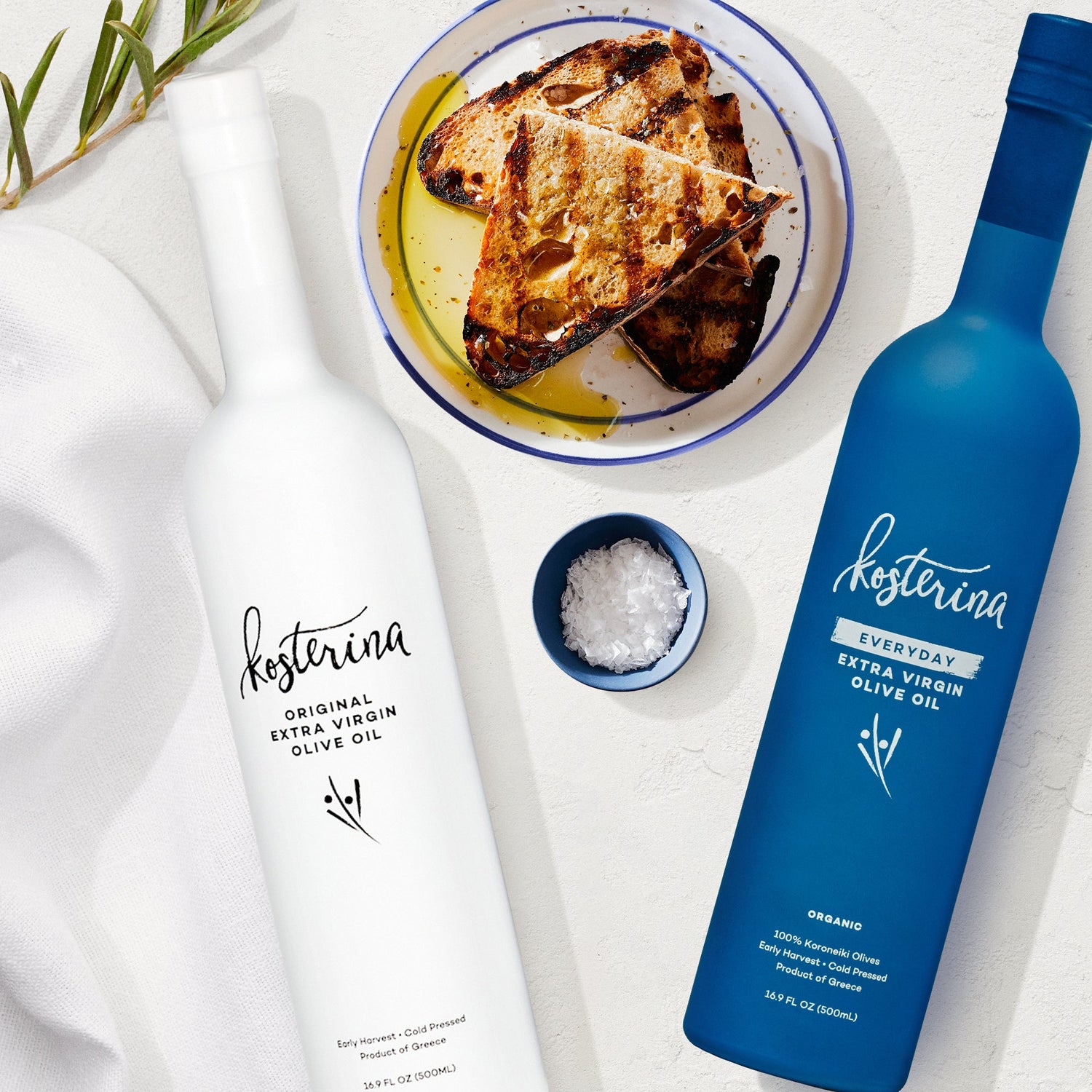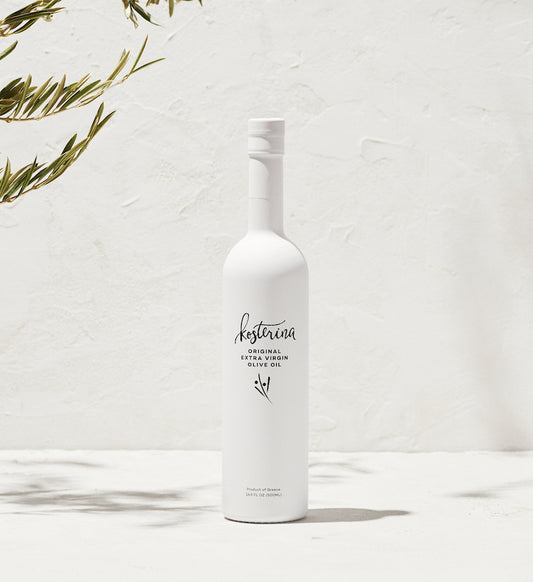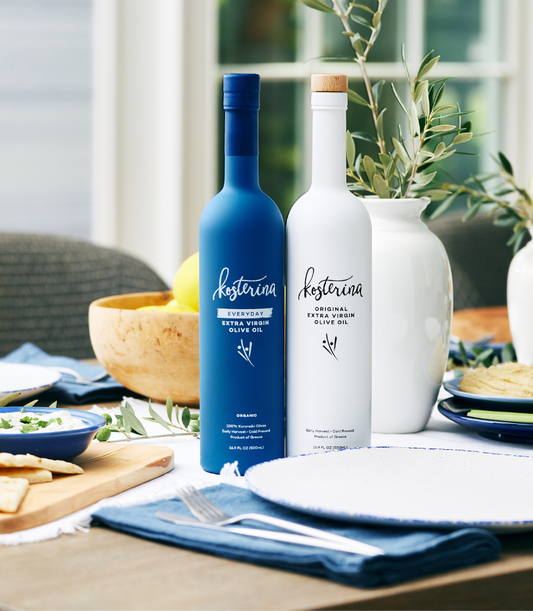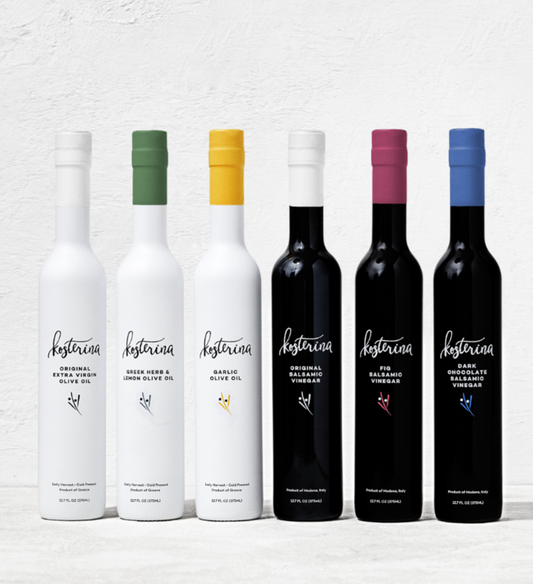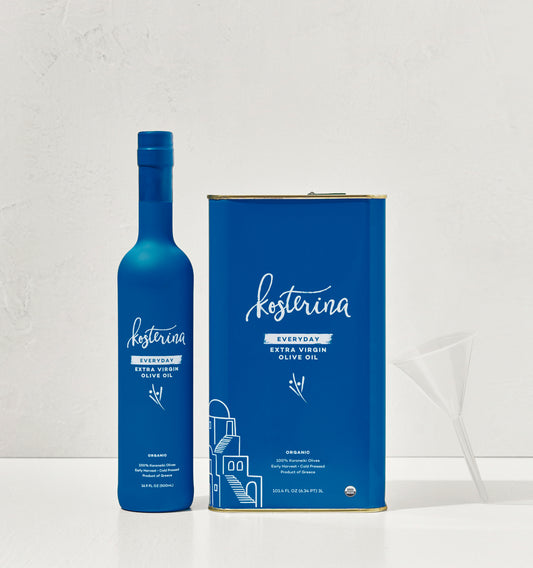As the weather gets warmer here in New York, it's been fascinating to watch the growth of my little office garden filled with plants and herbs. While it's quite different than the gardening of my childhood where I'd watch my grandparents tend to their figs and grapes each day - my tiny Aerogarden on my office windowsill does the trick. This technologically-advanced planter doesn't use soil - but sprouts fresh rosemary, basil, thyme and cilantro, so much, that I never have an excuse not to make guacamole again!
But, as I stared at my tiny soilless garden the other day, I wondered: What do hydroponics mean for sustainability? For the taste and quality of our food? And, how important is healthy soil for our Earth and our microbiomes? Here's what I found.
Dear Kosterina Family,
For those of you who aren't familiar, hydroponics is an approach to gardening and farming that's making its way into the mainstream recently, but has been around for thousands of years. In the most basic sense, hydroponics is gardening without the use of soil. It's been hailed as a sustainable farming solution, because it takes up less space and uses less water, especially for urban or space-constrained environments.
There are amazing examples of hydroponics in cities that are turning abandoned warehouses into full-fledged greenhouses (see Bowey Farming in NYC). But according to a U.N. Food and Agriculture paper, organic farming that supports soil health is one of the primary ways we can reverse climate change. Dr. Linley Dixon, the chief scientist for the Cornucopia Institute, says that by not adding organic matter back into the soil is key way of contributing to climate change solutions: building on the soil's ability to draw carbon out of the atmosphere. Hydroponics don't do that.
So, while there isn't one simple solution - there is a major consensus that our food systems need to change for the better. And, by becoming more aware of the benefits of both hydroponics and organic farming - we as consumers can advocate for better practices with the food we purchase. And, no matter where you live, whether it's a tiny apartment or you have enough space for a big backyard garden, you can have access to sustainable gardens, too.
